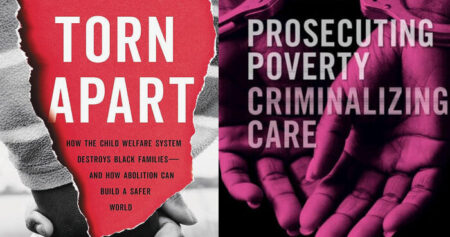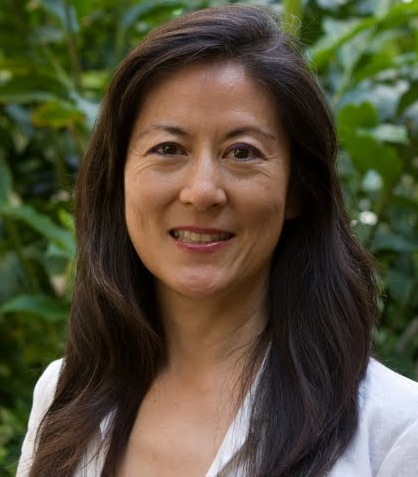In Free Gifts, Alyssa Battistoni explores capitalism’s persistent failure to value the natural world. Yet the lesson of this exploration is much broader: that capitalism imposes fundamental limits on our collective freedom.
As fascist tendencies intensify across the United States, social movements continue to organize against the forces of state repression. Legal scholars must stand with these movements, grounding our analysis in struggle and supporting those fighting on the frontlines with our relative social power and institutional resources.
When students, staff, or faculty are accused of being associated or "aligned" with terrorist organizations, universities may be pressed to take immediate and harsh action, if only to quell media attention and appear compliant with this lawless Administration’s wishes. Universities must prepare for this possibility, learn about the underlying legal frameworks, and refuse to operate on the basis of fear rather than legal necessity or moral principle.
Today’s left social movements are increasingly turning to a framework of "non-reformist reform" to guide their efforts to build a just society. But what do non-reformist reforms require? How do they differ from liberal and neoliberal approaches to reform? And what role do law and lawyers have to play in advancing such reforms?
The carceral state is in a deep legitimacy crisis, with questions about its proper function up for public debate, and social movements pushing for care, public safety, and accountability. Municipalities, meanwhile, are experimenting with non-police responses to varied social problems. These efforts are important: they signal that abolitionist organizing and social insurgency have built sufficient power that the political elite has had to respond. But as Dorothy Roberts and Wendy Bach teach us, care often provides cover for criminalization, and the deployment of professional services often works hand in glove with systems of punishment.
Mari Matsuda is a central scholar within the critical traditions of legal scholarship: in particular Critical Legal Studies, Critical Race Theory, and feminist legal theory. Amna Akbar sat down with her virtually, on December 3, 2020, to ask some questions about her insights on where we are today, where we have been, and where we might go. Today's part of the conversation focuses on how legal analysis has changed and how movements do and should influence legal scholarship.




